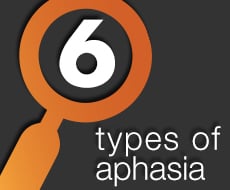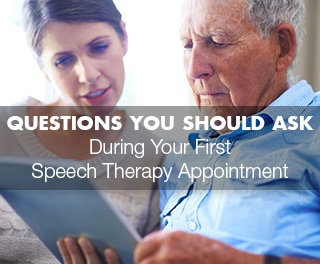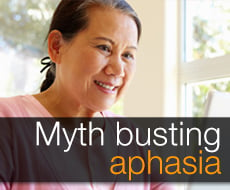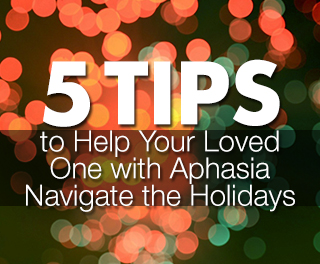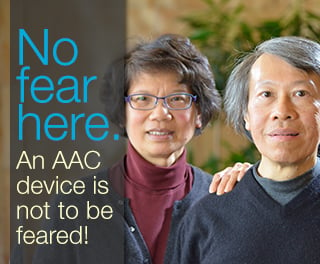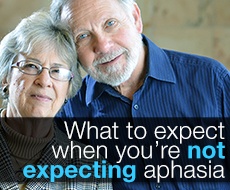If your loved one has suffered a stroke and is experiencing some language deficiencies, you may hear your healthcare professional throw around terms like, "Broca's aphasia" or "Wernicke's aphasia," and wonder what these terms mean. Read on to find out about the different types of aphasia.
Faye Stillman, MS, CCC-SLP/ATP
Recent Posts
If you are having trouble speaking, reading, writing, or comprehending, speech therapy will likely be prescribed by your physician. The process to find and secure a speech-language pathologist (SLP), also known as a speech therapist, can be overwhelming. From the time your doctor recommends speech therapy to your first session, you may have questions. You may be wondering, “What is speech therapy for adults like?” and “What should I expect during the first session?” Below we've answered many of common questions to help you navigate your first speech therapy appointment.
The popular Discovery Channel television show, Mythbusters set out to prove and disprove common myths. During the show’s 13-year run, the hosts have tested plenty of popular myths! Since the show has come to an end without debunking the myths around aphasia, we will gladly take on that task to dispel some of the most common myths about this common language disorder.
Speech-generating devices serve as the primary communication tools for thousands of adults and children. From stroke survivors to children diagnosed with autism, Augmentative and Alternative Communication (AAC) devices can help express important messages from the heart. Here are the top five phrases we helped to create for loved ones recently.
Lingraphica Technology
Speech-language pathologists (SLPs) and medical health professionals recommending a speech-generating or communication device often encounter questions from caregivers about the research supporting the use of augmentative and alternative communication (AAC).
Tis the season to be jolly! The holiday season is in full swing all across the country, and you might be feeling stressed about taking care of your loved one with aphasia. This season is the perfect time to practice language and communication skills with your loved ones. In fact, parties, shopping, and opening holiday cards all offer a unique opportunity to work with your loved one re-building speech skills. Here are a few tips for making the holidays merry with your loved ones with aphasia.
Caution lots of Halloween puns ahead…
It’s no secret that Lingraphica loves augmentative and alternative communication (AAC) devices; however, we know many clinicians may find it daunting to introduce a high-tech solution into their client’s lifestyle. We’re here to squash those spooky fears.
Aphasia is an acquired neurogenic language disorder resulting from a stroke or brain injury; it impacts a person's ability to process, use, and understand language. Any aphasia can cause frustration and stress, certainly for individuals living with it, but also for his or her caregiver. An aphasia diagnosis is unplanned, unexpected, and frustrating, but it’s not hopeless.


